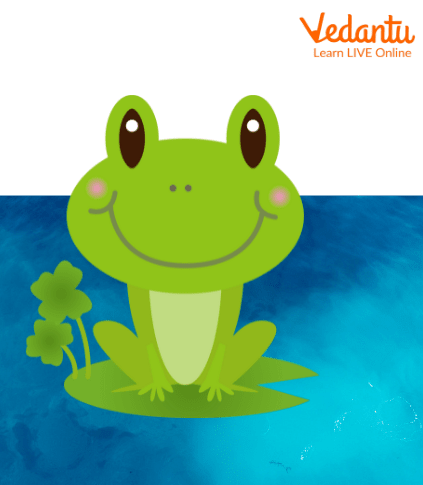Funny Poems That Make You Laugh
Poetry is an important part of our curriculum. We have heard various types of poems since our kindergarten classes. Many poems are fun, and some funny poems about life teach us many significant lessons.
Funny poetry and comedy poems are a fun and interactive way to learn new words and also get a good laugh. It can be in different forms, and kids love to listen and read it for fun. A few examples of funny and comedy poems are given below, which are very useful and make you laugh. Students enjoy and appreciate poetry for their age because it helps them learn the concepts in the easiest and most relatable way. This fun-loving activity always engages them in learning.

Kids Having Fun
Children might benefit in various ways from poems that unexpectedly combine rhyme and comedy. They do more than just enjoy some quality time together laughing, and don’t worry if the phrase poetry conjures up memories of school days spent struggling through an antiquated piece of writing. There is a lovely world of poetry that is entertaining. Funny children’s poetry is a fantastic way to introduce it.
Comedy Poems
Jack- By Jane Yolen
Jack was quite nimble,
Jack was quite quick,
Jack gave the beanstalk,
A mighty big kick,
Down came the giant,
GIGANTIC fall-
Bottoms up in a crater,
Thus ending it all.
I have a Little Frog
I have a little frog,
His name is Tiny Tim,
I put him in the bathtub,
To see if he could swim
He drank up all the water,
And gobbled up the soap!
And when he tried to talk,
He had a bubble in his throat.

Frog
Funny Poems that Rhyme and Make You Laugh
Snowball By Shel Silverstein
I made myself a snowball,
As perfect as could be.
I thought I’d keep it as a pet,
And let it sleep with me.
I made it some pyjamas,
And a pillow for its head.
Then last night it ran away,
But first, it wet the bed.

Snowball
Circus Man by Denise Rogers
There once was a young man from Flint,
Who worked at the circus for a stint.
He flew through the air,
With hardly a care,
And that's why his body was all bint.
A Mouse In Her Room
A mouse in her room woke Miss Doud
Who was frightened and screamed very loud
Then a happy thought hit her
To scare off the critter
She sat up in bed and just meowed.
Summary
With the help of these funny poems and comedy poems, children can learn about patterns by reading short poems, which helps the brain learn to process and remember information. Even the development of speech can benefit from poetry. Children enjoy poetry when it’s age-appropriate. Funny poems that rhyme and make you laugh are an essential part of funny poetry and give us lessons to learn with fun words.


FAQs on Funny Poetry
1. How do you make poetry fun for kids?
A poem is a piece of literature that employs creative word choices to communicate concepts, feelings, or a narrative to the reader. A poet is someone who composes poetry. When read aloud, many poems contain words or phrases that blend well.
We can make it fun for kids in the following ways:
Funnel it out!
Fridge Poetry.
Sketch out a poem. Choose a poem your child enjoys, provide art supplies for her, and watch what the poetry motivates her to create.
Discovered poetry To "discover" intriguing words and phrases, use old periodicals or anything with printed words.
Riddles- Kids like to solve and ask riddles. So, it can create fun for them.
Music- Use music elements to engage them more.
2. How do you present a poem creatively?
A poem can be written by using all creativity. Thus, by using the creativity of writing and presenting, a poem can become more engaging.
These are a few tips to show creativity:
Project to the audience. Draw in everyone's attention, including the ones in the back row.
Move along at a proper and natural pace.
Be careful not to recite rhymed poems in a sing-song style.
Check that you can pronounce every word in your poem.
Poetry is distinguished by its use of line breaks with the use of a writing prompt, writing the lines with rhyme that give giggles to the listener.
Give your writing examples. Describe a narrative. Write everything down. Write about a novel subject.





